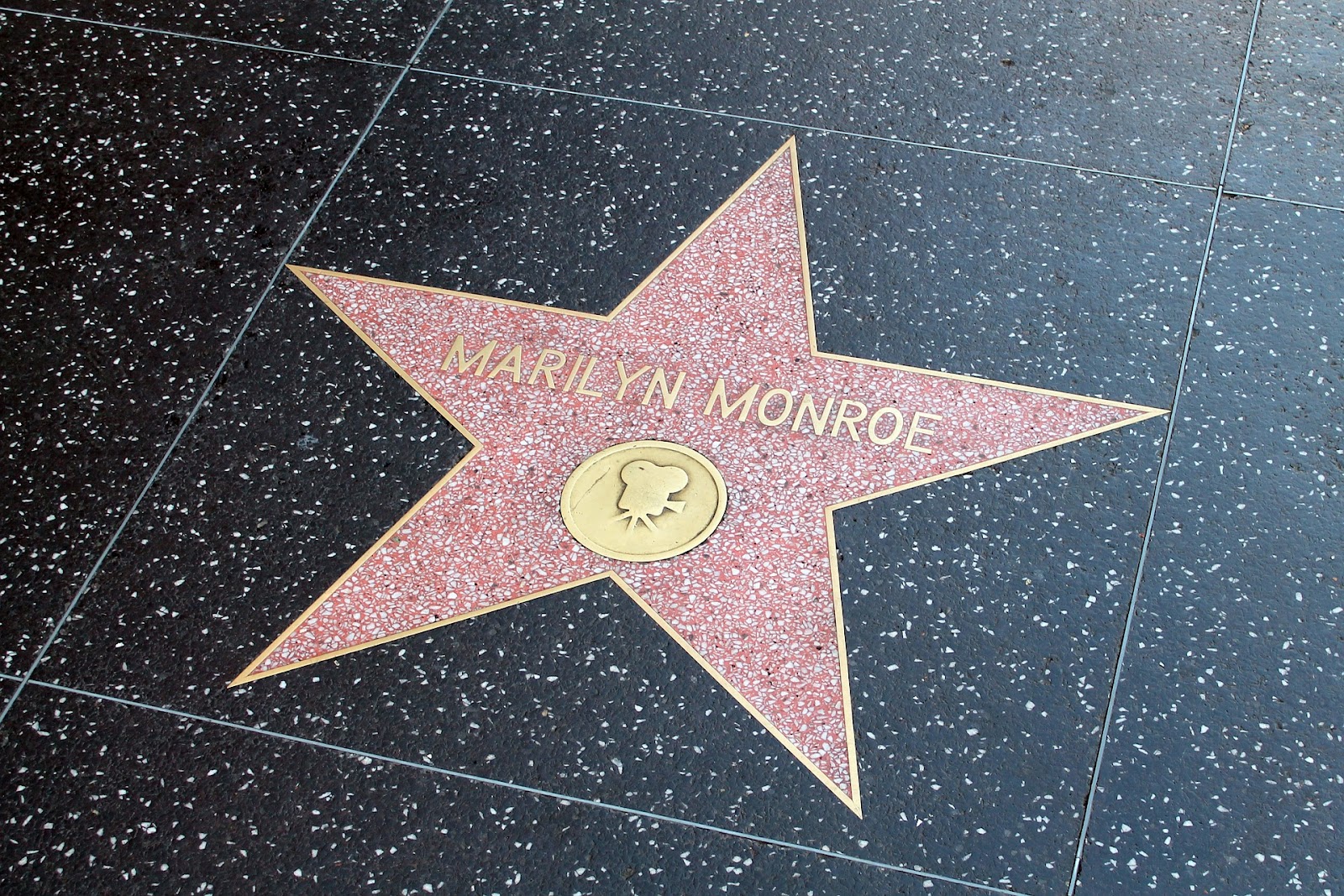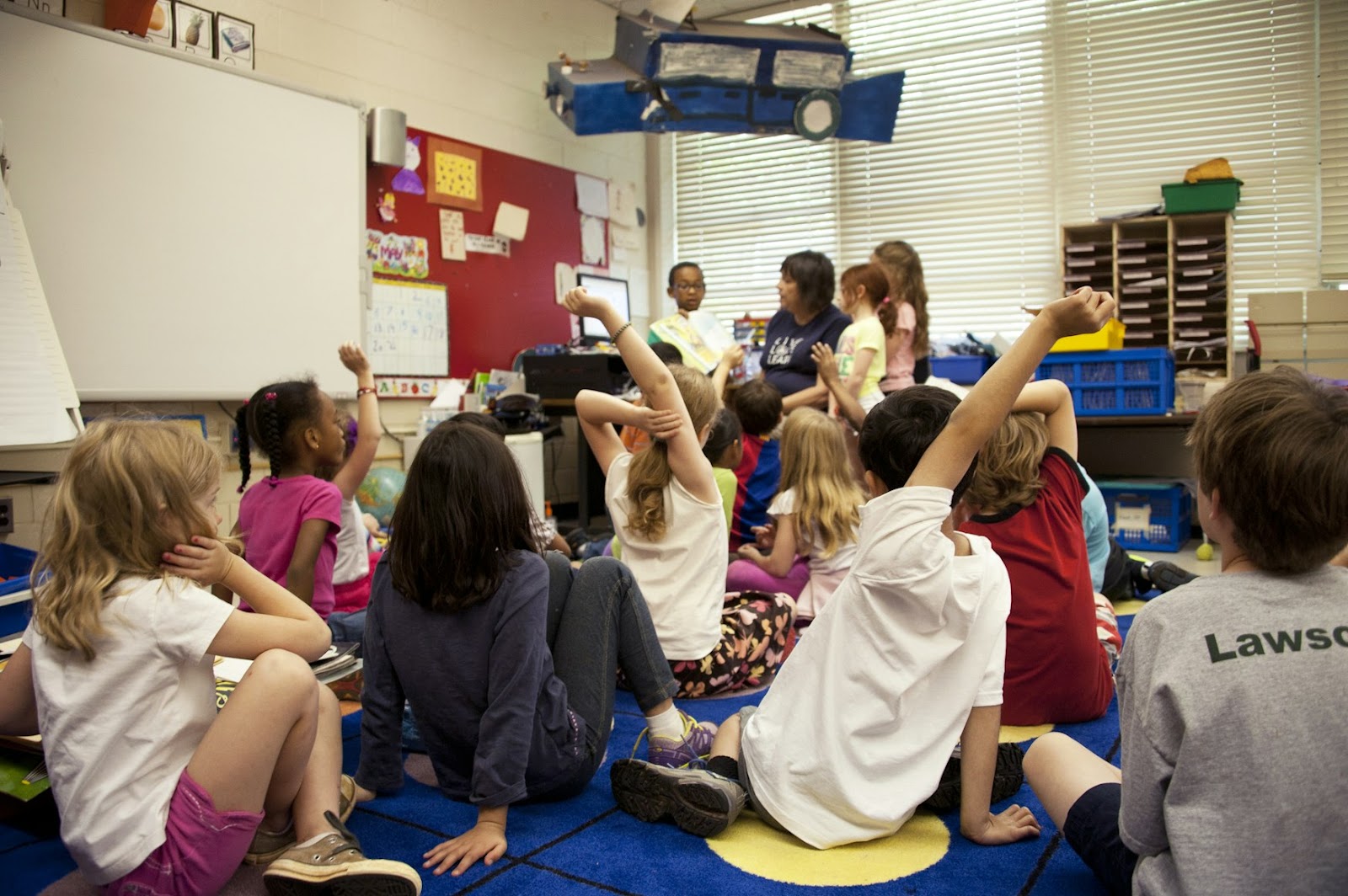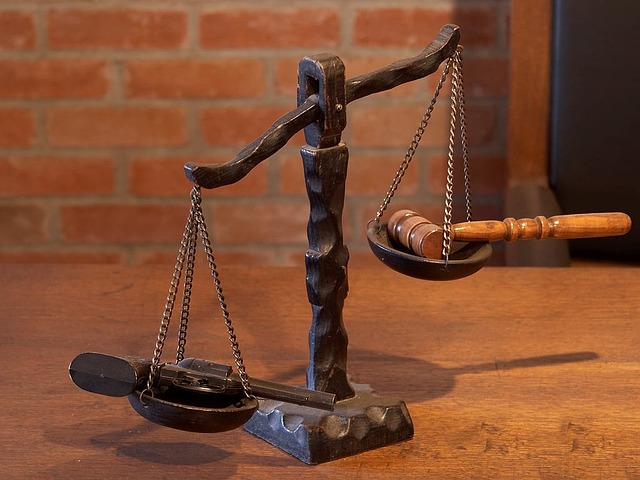The shift back to office life post-pandemic has unearthed a surprising trend: a surge in the demand for etiquette classes. Gone are the days when professional decorum was a given in the workplace. Post-pandemic, companies are not just opening their doors to employees but are ushering in a new era of office culture, one where etiquette classes are becoming as commonplace as Monday morning meetings.
At the forefront of this movement is the realization that interpersonal dynamics have changed. Once adept at navigating office politics and kitchen etiquette, employees now find themselves at a loss. The pandemic-induced isolation has, in many cases, weakened the ‘soft skills muscle,’ leading to awkward exchanges and faux pas that were previously unheard of in professional settings.
Kate Zabriskie, a renowned Maryland-based business etiquette trainer, has been inundated with requests from corporations seeking to brush up on their employees’ office manners. From mastering Zoom professionalism to relearning the art of small talk at networking events, the scope of these classes is broad, reflecting the diverse challenges workers face in this new era.
The increased demand is more than just anecdotal. A survey by ResumeBuilder.com indicates that over 60% of companies are expected to send their employees to office etiquette classes by 2024. This statistic clearly indicates the corporate world’s response to the changing dynamics in employee behavior and interaction post-pandemic.
Elaine Swann, founder of the Swann School of Protocol, notes a significant uptick in requests from businesses. Her school, which previously conducted occasional workplace etiquette sessions, now fields multiple requests each month. The classes cover various topics, from appropriate business attire to the nuances of dining etiquette during business meals.
Colleges are also recognizing the need for such training. Irvine Valley College, for example, has integrated business etiquette into its curriculum, understanding that technical skills alone are not enough in the modern workplace. Their students are taught not just the technicalities of their chosen field but also the social skills necessary to thrive in a business environment. Such training is aimed at shaping well-rounded professionals equipped to handle the complexities of modern workplace interactions.
The necessity of these classes stems from a variety of factors. The extended period of remote work has led to a certain laxity in professional conduct. Many employees, accustomed to the informality of home offices, find the transition back to a structured office environment challenging. This shift has exposed gaps in interpersonal skills, which, if unaddressed, could lead to reduced productivity and workplace dissatisfaction.
Etiquette training also addresses the nuances of generational differences in the workplace. Different age groups often have varying expectations and communication styles. Recognizing and respecting these differences is crucial for creating a harmonious work environment.
Moreover, the pandemic has not just altered our way of working but also our social interactions at large. Employees returning to the office are relearning how to engage in small talk, manage collaborative spaces, and balance the personal and professional while in a shared environment.
What’s clear is that the landscape of office etiquette has evolved. As companies navigate this new terrain, etiquette classes are not just a trend but a necessary tool to bridge the gap between the old and the new, ensuring a harmonious and effective workplace environment. In this new era, understanding and practicing good etiquette is not just a professional asset; it’s a necessity.








































































































































































